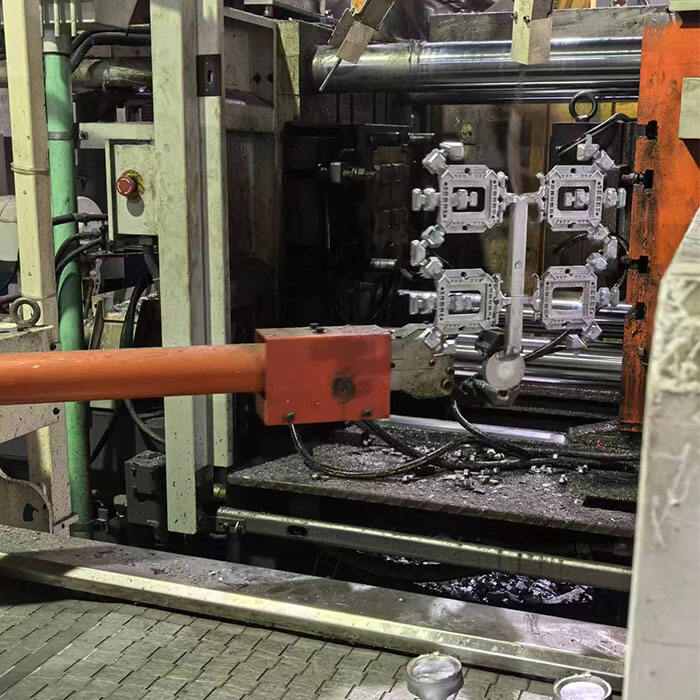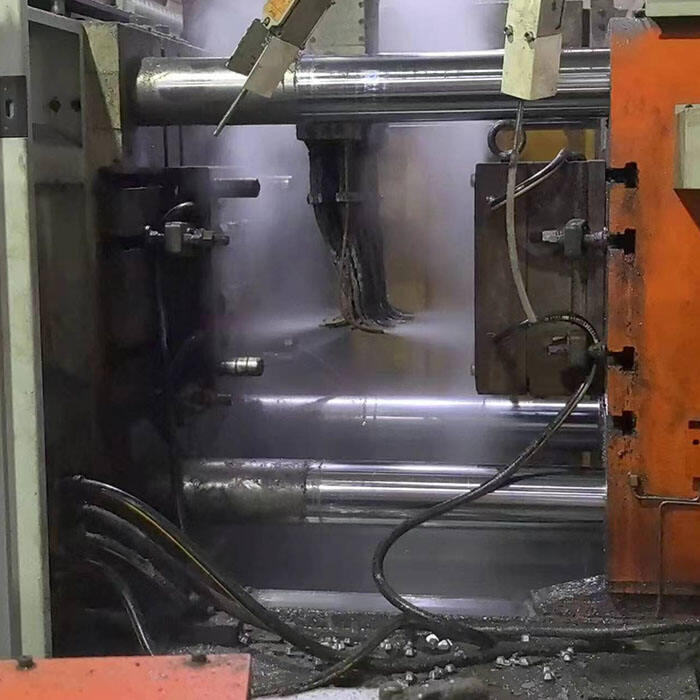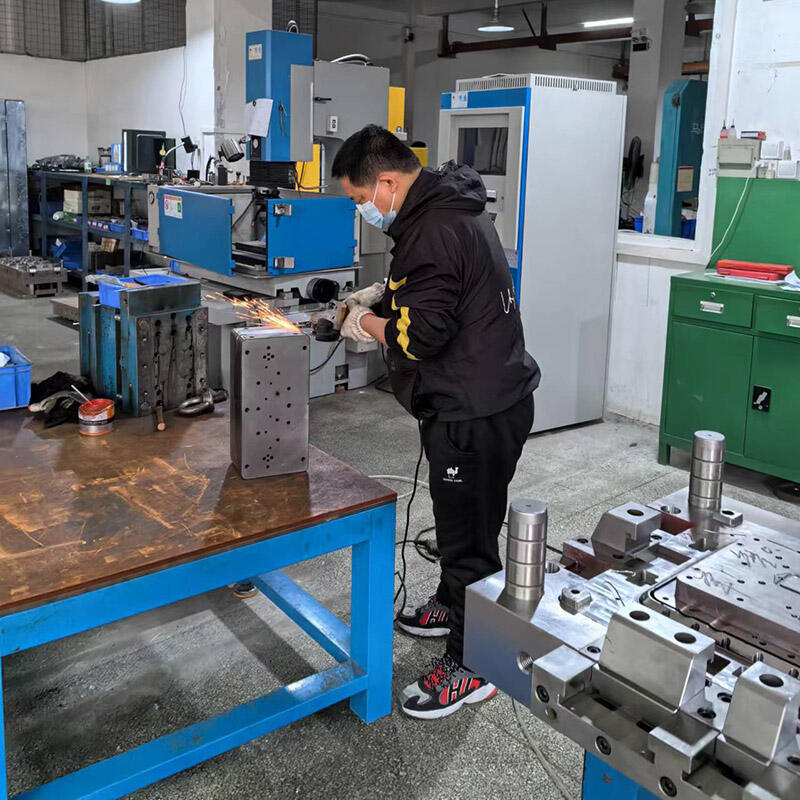Efficiency in Production
Die casting is known for its high efficiency, fast production of a large number of parts. This high-speed production is enabled by the ability to use molds repeatedly, reducing lead time for new parts. In addition, the efficiency of die casting also lies in its material usage, as the process allows for recycling of scrap metal––the waste-minimizes created. For manufactories, it means they can get onto the shelves faster with less labor, link up faster to high demand profitably and handle large bursts of advertising or just plain crazy mays.


